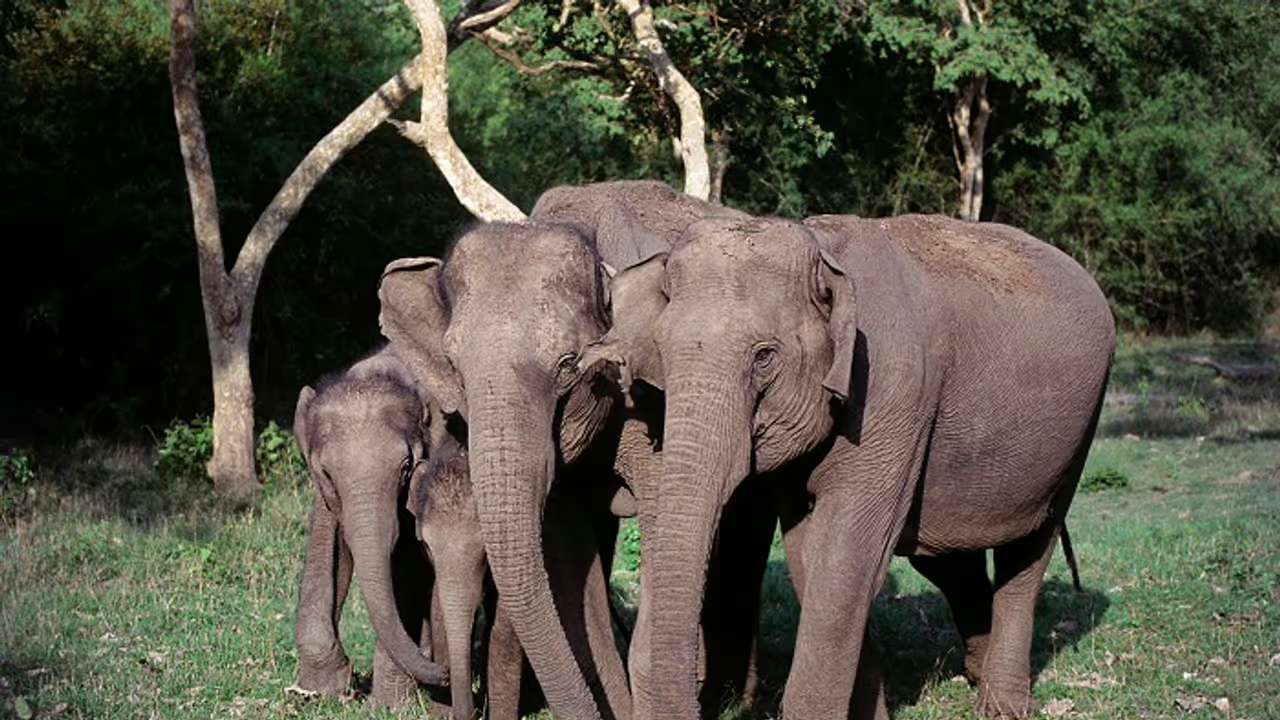The Karnataka government is considering the idea of having private wildlife reserves along with national parks. This has left many environmentalists confused and worried.
The Karnataka government is considering the idea of having private wildlife reserves along with national parks. This has left many environmentalists confused and worried.
The state has expanded its wildlife reserve 1,100 sqkm in 2017. The environmentalists argue that this will damage the wildlife in Karnataka.
According to the Karnataka Private Conservancy Rules 2018, only 5% of the land can be used for building hotels or resorts, the rest of the area has to be kept for flora and fauna.
The environmentalists said if private wildlife reserves come into being it will be a money bag for landholders and no conservation will be done.
An urban conservationist Vijay Nishanth said: “Forest officials struggle to maintain whatever forest land is available, so it is best they concentrate whatever they have first than involve themselves in extracurricular activities”.
The management of private wildlife reserves will come under the jurisdictional forest officer, not below the rank of an RFO, owner of the private wildlife reserve, a wildlife conservationist. They will be in charge of maintaining, conserving and managing the private wildlife reserves.
The conservationists are raising questions against the safety and protection of the private wildlife reserves. Illegal killings of wild animals, mining and other illegal sources will happen in these private reserves which the public will not know, they said.
However, the current wildlife condition in Karnataka may need a change, says Anuj Rana, a wildlife photographer and an extensive researcher in the field based in Gujarat. Speaking exclusively to My Nation, Rana expressed how the wildlife department run by the government in Karnataka was being done in a disgraceful manner, with the forest land being misused and putting the wildlife animals in high stress and danger. Bringing in a private entity would definitely mean a much-needed change in the state of affairs if given to the right person.
Rana went on to explain that research has proved that in the Kabini region of Karnataka, where spotting of the mysterious black panther is a regular sight, has been exploited by the government-run tourist department. After studying the excreta of the wild cats in the region, it has been observed that a certain type of hormone is found which signals that the animal is under high stress. This, he explains, has been on a rise after the number of safari trips into the jungle has increased extensively, with over 10 jeeps surrounding a wildcat at any given point, when a sighting occurs.
Bringing in a perspective not many looks at, Rana explained that these are a few reasons why privatizing the Karnataka wildlife may be a step in the right direction, as the current government-run situation is a horribly handled one at the moment. Concluding his statement, the wildlife enthusiast mentioned that the prices for safaris in Karnataka are highly unaffordable, which can also be changed with the entry of privatization, making the wildlife accessible to many more in the state and around the world.
"Before running to conclusions, people should first look at who will be given the privatization contract, and dig deeper into the pros and cons, after which they can conclude on whether or not this is the right decision to be taken by the government", says Anuj Rana.
While the decision to privatize the wildlife of Karnataka is still underway, a change in the happenings may be the need of the hour, for the exploited wild lands of the state.
